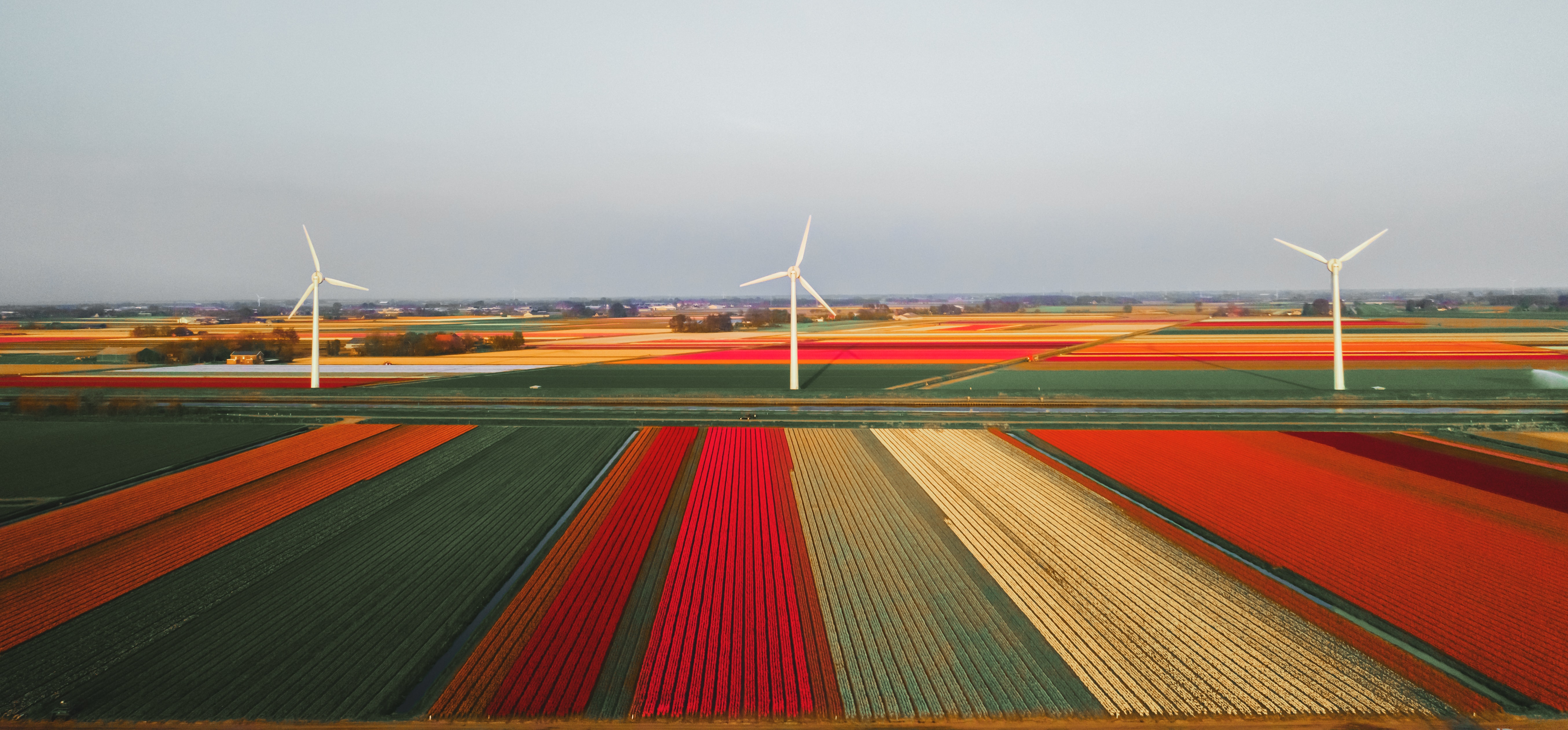There is a need to understand the increasingly complex governance dynamics that are inherent to new approaches for sustainability transitions. In the context of regional climate governance, these dynamics and their barriers for effective governance are still little understood. At Technopolis, we studied these barriers in the context of the Dutch Regional Energy Strategy (RES) programme and their implications for policymakers that increasingly have to work in complex polycentric governance environments.
The need for more proactive polycentric climate governance
To support the radical societal transitions that are required to reduce greenhouse gas emissions, a more proactive climate governance is needed. In recent years, the top-down approaches in which rules, decisions and norms are passed down the chain of command have been complemented with more polycentric arrangements whereby interactions transcend traditional governance levels, actions are decentralized and authority is increasingly dispersed. These approaches acknowledge that climate governance is a multi-scale and multi-level problem, while the role of the central government is gradually shifting from ‘rowing’ towards ‘steering and facilitating’.
The Dutch Renewable Energy Strategy
In 2019 the Dutch government initiated the Regional Energy Strategy (RES) programme to govern the energy transition in a more decentralised, network-based way. The Netherlands are divided into 30 energy regions that collectively have to produce 35 TWh of renewable electricity from wind turbines and photovoltaics by 2030. In the RES, multiple governance levels (a.o. municipality, province, and energy distributors) collectively set out the regional choices for renewable energy implementation.
Barriers for effective regional energy governance
Our findings point at an inherent tension between the old, hierarchical and the new, networked governance.[1]
- Conflicting interests between policymakers: The mandate for decision making does not lie with the energy region but with each of the participating municipalities. Consequently, reaching consensus within the energy region has proved to be difficult as municipalities have different priorities. Here, municipal representatives are generally bound by their municipal priorities and their coalition agreement which often does not align with the regional interests.
- Knowledge asymmetries between policymakers: Generally, a significant amount of time is needed to keep up the knowledge level of municipal council members as their knowledge about the energy transition is often limited. Lack of time and expertise can result in information asymmetry between members of the democratic governance bodies on the one hand and policymakers that participate in the regional steering group of the RES on the other hand.
- Weak mechanisms of accountability: The representatives that participate in the RES are primarily accountable to their councils, while accountability among peers in the RES arena is relatively weak. Consequently, an effective mechanism of decision making is lacking and decisions on the ‘hard’ choices are being postponed.
- Ambiguous role of the province: In one of the energy regions we studied, the province found itself juggling between two roles; on the one hand taking a flexible and facilitating role, while on the other hand maintaining restrictive and controlling spatial policy. This stance reduced the flexibility of the region and hampered regional collaboration.
What dynamics? Implications for policymakers
We identified a number of avenues to address these barriers to the mission of the RES. First, policymakers in the RES should be incentivised to strengthen cooperation within the RES. This requires a shift from prioritising local and provincial preferences towards prioritising regional preferences. To make policymakers aware of the necessity for regional collaboration, an important role is given to the regional process coordinator and the chair of the regional steering group to stimulate this change of mentality. Second, it is essential to continuously engage the municipal and provincial councils in the RES process. By actively involving members of these councils, commitment is created and information asymmetries between council members and regional policymakers are resolved. Consequently, this reduces the risk that regional decisions will not be locally implemented in a later stage. Third, it is important to create stronger mechanisms of accountability between peers in the RES network, in particular in the later stages of the RES. This can be achieved through defining clear rules and norms of decision making. Finally, the central government should provide region-specific guidance in finding the balance between setting clear scopes and targets but also allowing for flexibility to tackle region-specific issues, and providing more clarity on the role of different players in energy governance.
The
findings point at a number of trade-offs in the design of the RES. These trade-offs
involve choices concerning democratic legitimacy versus effective energy
governance, local preferences versus regional preferences, and strong
accountability mechanisms versus fluid and flexible arrangements. These trade-offs
suggest there is no ‘best choice’ for organising governance arrangements for
effective transformative energy governance. However, being aware of these trade-offs
contributes to making informed policy choices concerning arrangements such as
the RES.
[1] It is important to note that the extent to which these barriers are present, varies for each of the 30 energy regions. For example, the role of the province is different for each cluster of energy regions, whereby some provinces are more restrictive than others.




